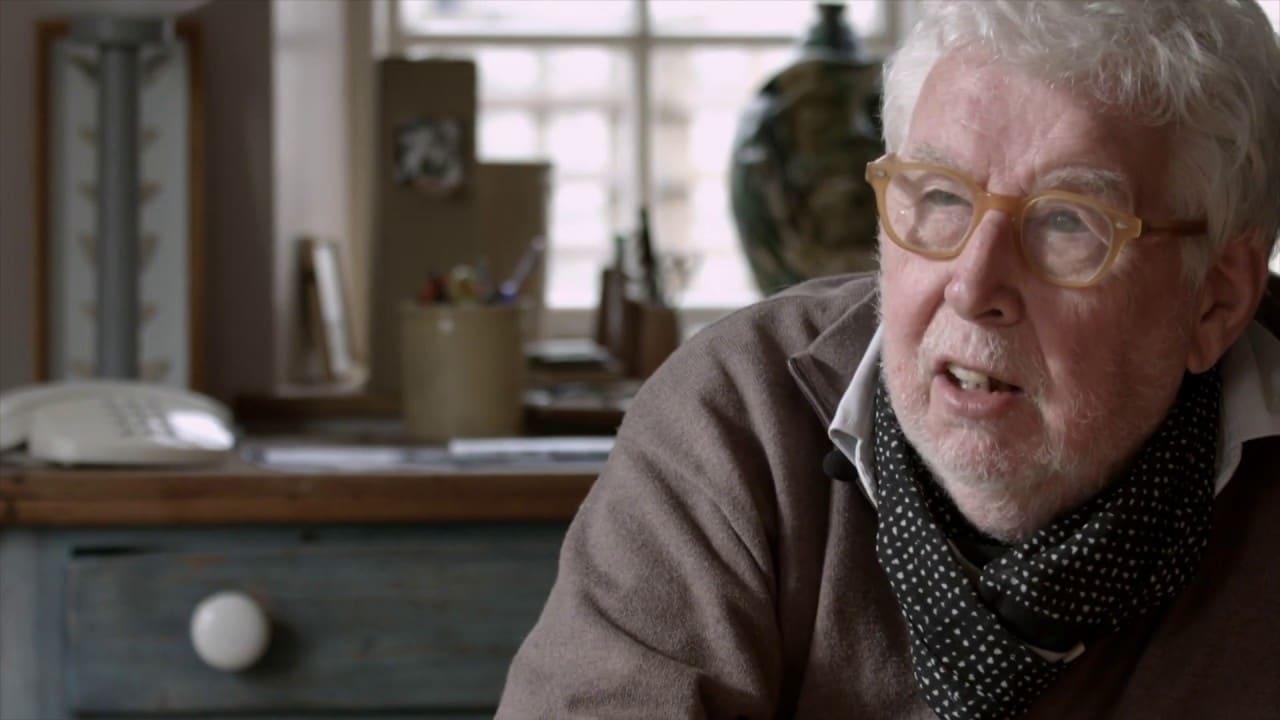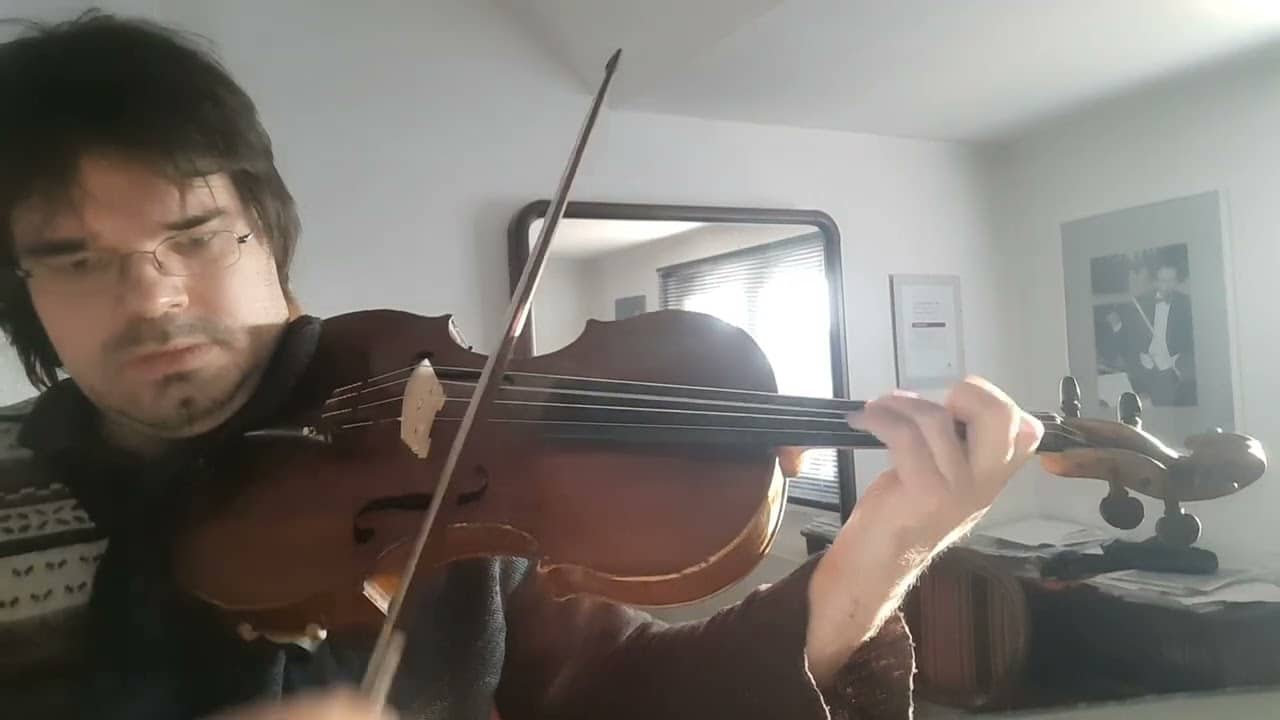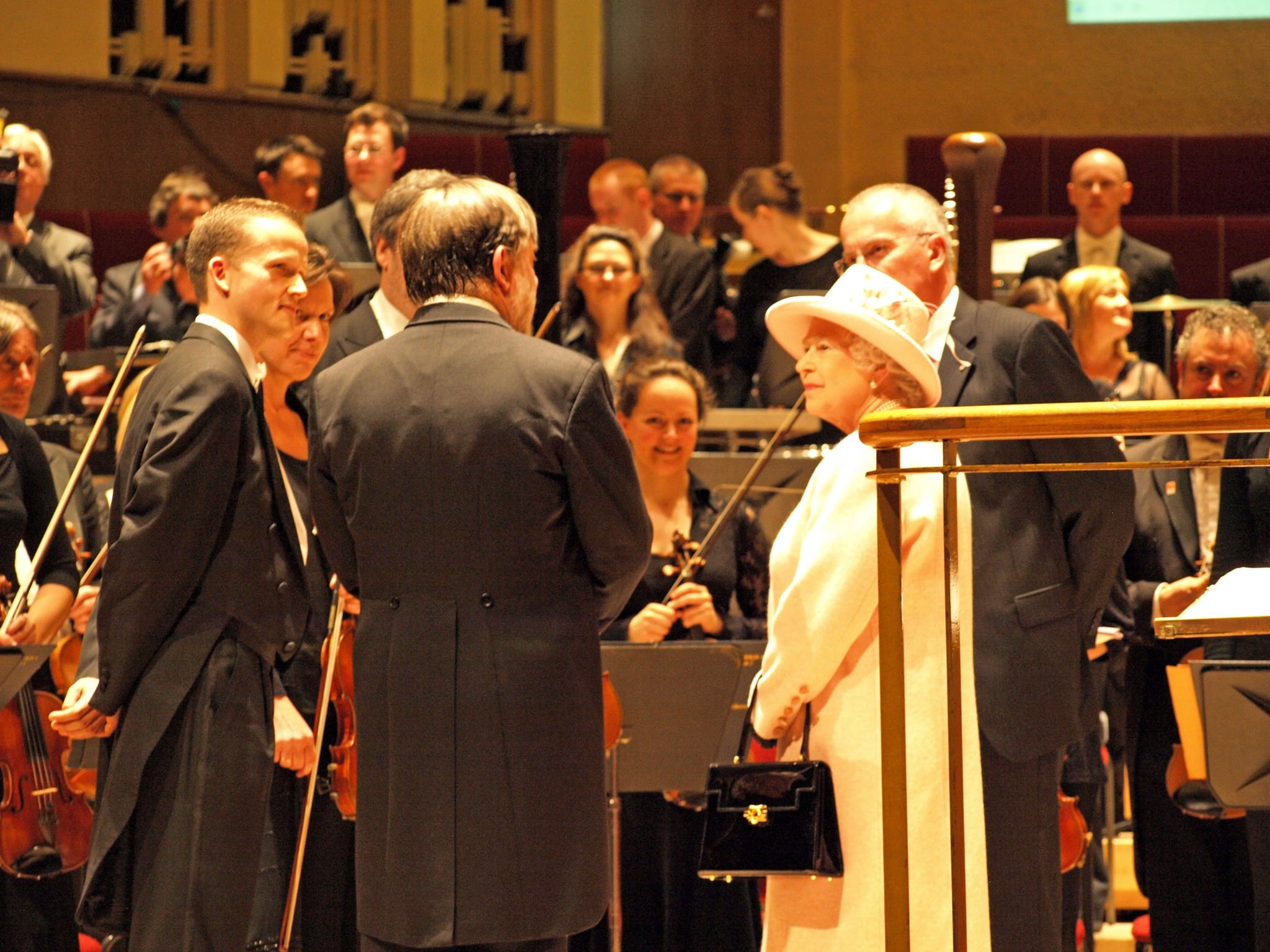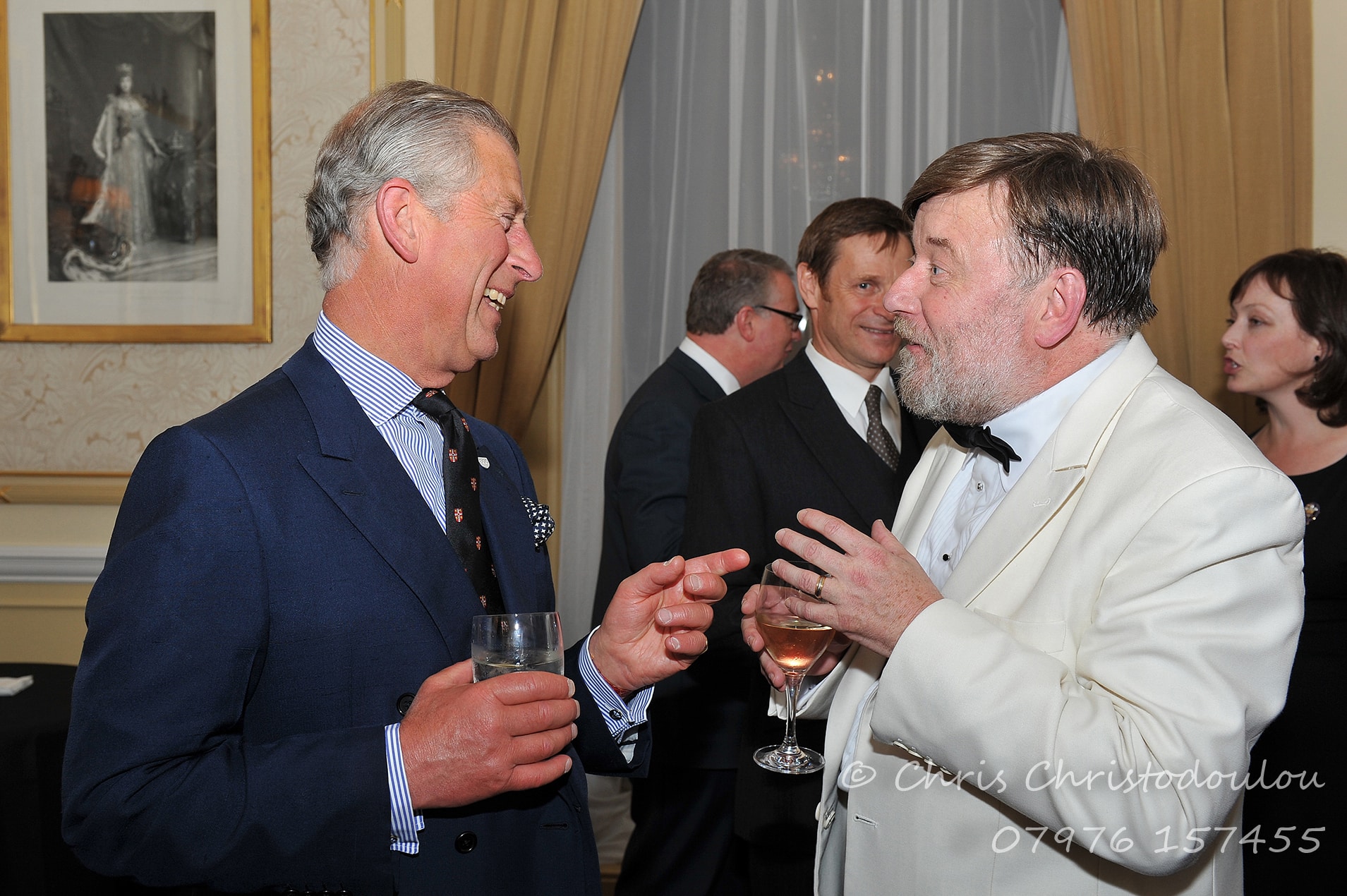Into every musical life a little Birtwistle must fall
NewsFrom the Lebrecht Album of the Week:
Into every musical life, a little Birtwistle must fall. Do not read anything pejorative into that statement. I have been smitten by the British composer’s major works for half my life, and if some of them can test one’s patience on first hearing, they usually deliver rewards on repetition.
Birtwistle is an acquired taste. He works hard at complex textures and does not readily produce long lyrical lines. He is a one-off, a loner, an original, a man on an unmarked path in an untrodden field….
Read on here.
And here.
En francais ici.
In Spanish here.
In Czech here.
In The Critic.






He is a real genius.The Minotaur,Earth Dances ,Shadow of Night,and Night´s Black Bird are absolutely great.
Go, I hope not!
I once attended a premier of one of his works. Actually, only about half of a premier.
Well, it’s music for grown ups, as my mom used to say…
Here’s a bit of the Oboe Quartet:
https://www.youtube.com/watch?v=lqS4Jb0g-wQ
The aesthetics of HB are not original and of a loner at all: they stem from the usual postwar neurosis as engendered by Schoenberg in the twenties of the last century:
https://www.youtube.com/watch?v=NrtmTu1PxY0
What does it ‘say’? You just have to listen. Everything is at the wrong place, but the gestures imitate music, trying to circumvent the tonal relationships which are always potentially there, embedded in every separated note, so the result is pure destructiveness.
And that is the mindset of modernism: no humanism, no civilisation, no order, no spirit, no psychology except the nihilistic expectation of the end of the world. HB actually wrote a large work on that subject, which was celebrated in a gala première, everybody happy.
Why do people have the impression that the works of HB are so unique, so original, ‘stick-out’ of the rest? Because modernist aesthetics don’t leave a memory trace in any (more or less) sane mind. You endure a performance, and you forget its impression. So when you suddenly, unexpectedly, unhappily, are confronted with them, it strikes you again as something you have never heard before. That is because amnesia is built-in into the aesthetics. Actually, it is a kind of Alzheimer music.
OK, you don’t like his music! Some of us do – i wouldn’t claim to like everything he wrote, but there are maybe 15-20 pieces of his I enjoy listening to and look forward to hearing again. Triumph of Time, Punch and Judy, Earth Dances, Tragoedia, Carmen arcadiae, The Mask of Orpheus. each to his own! I find HB’s music, at its best, to be thrilling AND original.
I would simply say that such preferences rather suggest the need of therapeutic treatment than the capacity of distinction. Or, they simply demonstrate that these works are listened to as sound, which is OK, because probably they have been meant as such, in spite of the imitative gestures of music. The best one can conclude is that it is quite fortunate that at least some of HB’s hard work does indeed give pleasure to some people. In a free society and pluralistic culture no taste – within the law, that is – should be condemned, but one cannot prevent that some tastes will be pitied.
Right.Some tastes will be pitied,yours,for instance…..Where do you take the arrogance to judge tastes other than your own?Your first sentence reminds of Stalinist or Nazi condemnations of artists not following the party line…..Not just horribly narrow minded and irrelevant,but also disgusting on an a human level.So much for the mentioned need of therapeutic treatment.
But this is not at all a matter of taste, actually. It is the same as with morality: which is also not a matter of taste. If someone cannot hear the difference between music and sound art, that is OK, but to criticize making the distinction is just silly and to come up with the outdated postwar nazi argument, merely shows-up the mindset behind it.
Namely, it is a fact that music makes use of the interrelatedness of tones, that is the fundament under the entire musical performance culture. Any attempt to produce music without that fundament, is bound to fail miserably. As has been the case since Schoenberg’s later works – of 100 years ago. So, the reactions to music and sound art are a matter of taste, but the difference between them is about fact, cultural reality, making the right distinction. It is a matter of level of understanding.
BS writ large.
I had the impression of Alzheimer music by listening to the incredibly vapid,derivative ,unmemorable piano sonata written by a certain Dutch composer who considers everything after 1908 as modernist….The piece lasts only 8 minutes, but it sounds at least twice as long. It sounds like Artificial Intelligence fed with Berg´s op.1,spitting out “Bergs´2nd Sonata”,similar to the Beethoven 10 experience…Just BTW ,i enjoyed the Birtwistle…I find it fascinating and refreshing….Something i can´t say of the cheap Berg rehash i mentioned before.
So happy to read all this!
Sally
Okay,Rollo.
To me,it says a lot.Thank you for posting it…..Why don´t you just say you don´t like it,period. Instead of propounding some pseudo sociologist hogwash .I for one,detest most of Puccini´s work,and i really can´t stand a note of verismo.I find it unbelievably one dimensional,banal,tacky,pathetic,self pitying, superficial, uninteresting,and playing to the lowest instincts….I just can´t listen to it…I loathe the music as much as the plots about the testosterone inflicted shenanigans of some people i am not the least interested in…And i like The Minotaur a thousands times more than Tosca,and a million more than Cav and Pag or Chenier.Because i find it so much more involving,emotionally and intellectually sincere.Well,i don´t love Birtwistle as much as i love Ades,Knussen,or Colin Matthews….But i never find him less than worth a listen,and often stimulating my mind and senses….This doesn´t mean,however,i would label Puccini or his followers as bad music.Their output just doesn´t move me,challenge me and meet my expectations of music and art,in general.
Subjective reactions to music is something different from awareness of its quality.
I can’t stand Rachmaninoff, apart from the 1st mvt of his 3rd pf concerto. But I can very clearly hear the great artistry and the musical level of all the rest.
I loath the 12-tone works of Schoenberg, knowing what a talent he had, and love the 1st chamber symphony, and all of the expressionist works like Pierrot Lunaire, 5 Orch. pieces, the first bit of Erwartung, much of Glückliche Hand, etc. because they are still using tonal relationships, however indirectly. That’s why they are still so expressive, in contrast with the constipated and suffocating attemps like Variations, the pf concerto, etc. Ode to Napoleon is expressionistic again and therefore works well. It is a matter of how tones are related to each other.
Stravinsky, who can be considered the utmost opposite of anything that Puccini could possibly write, profoundly loathed P’s taste, and in the same time much respected the music, knowing what it was. Debussy, the composer of the utmost refined taste, also much respected Puccini, while not liking his operas.
But to compare HB with Puccini is comparing sound art, in the form of ‘fake music’, with real music. It is a fundamental error of understanding genre. Preferring sound art (or sonic art) to music is OK, but thinking that they are on the same level, or even the same genre, is merely revealing a lack of perception.
So you are the Great Inquisitor who determines what is Fake Music!? We had this 80 years ago, in Germany and the Soviet Union… For me, Puccini is fake music.. Vulgar, tasteless and absolutely calculated to produce certain reactions in the audience. Birtwistle is sincere, cleverly constructed and each note has a relation to a tonal gravity center. Yes, it is about the level of musical perception. You need an attention span bigger than an insect.
Often a bit of serious reading helps with such confusions….. it greatly helps to put one’s mind to rest and reduces the feeling of being attacked by nazis. There is also a great variety of medication that support such healing processes.